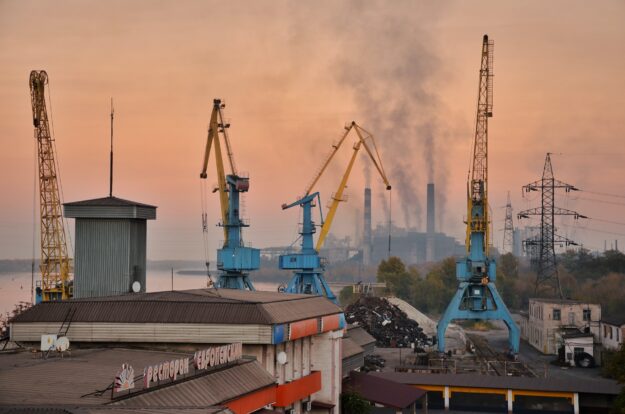The Role of Reverse Logistics in Sustainable Supply Chain Management
Reverse logistics is a critical component of sustainable supply chain management. It involves managing product returns, repairs, and recycling to reduce waste and maximize resource efficiency. Streamlining returns management, investing in repair capabilities, and ensuring responsible recycling and disposal are key elements of effective reverse logistics. The benefits include waste reduction, cost savings, enhanced customer satisfaction, and a positive brand reputation. By embracing reverse logistics, companies can align with sustainable practices, achieve their environmental goals, and gain a competitive advantage in the market.


